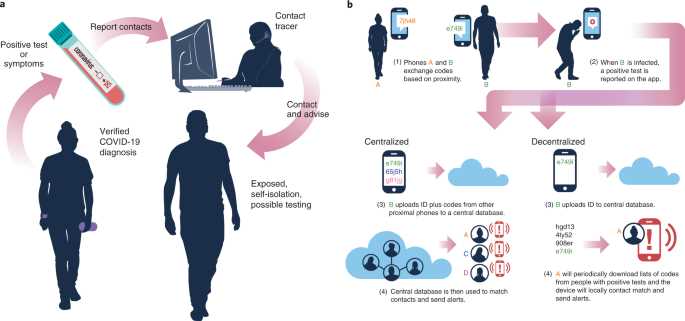
Covid-19 Pandemie has set healthcare systems around the world up for unprecedented challenges. The rapid distribution of microorganisms and large numbers of cases put healthcare providers under tremendous pressure and called for a combination of innovative technologies. One of these technologies that was a breaker in this battle was GPT-3, a progressive language model created by Openai.
GPT-3 is considered a model of artificial intelligence (AI) that allows comps to perceive and generate human words, shortly before the first trained transformer 3 that was generated. in the context of the Covid-19 pandemy, GPT-3 was applied to create an innovative healthcare application that can be used for all kinds of patient care quality, disease detection, healing Innovative healthcare applications have been created to help plan for quality patient care, disease detection, and healing of all kinds. These applications have the opportunity to transform the way physicians deliver services and limit the consequences of ongoing pandemics.
Impact of Covid-19 on Healthcare
The Covid-19 pandemic has had a profound impact on all aspects of society, including health care. As the microbe spreads rapidly across the globe, health systems are stretched to the limit, forcing governments and organizations to adapt quickly to new challenges.
Some of the most important nuances of Covid-19’s impact on health care include
- Increased number of patients. The epidemic dramatically increased the number of patients seeking medical care and overcrowded hospitals and health centers. This resulted in shortages of beds, medical equipment, and medical staff.
- Changes in the scope of medical services. To meet the increased demand, health care providers had to quickly introduce new ways of providing new medical support. For example, the popularity of counting medications has increased significantly because this patient can consult with the medical staff in a special way.
- Focus on fighting infection: Since Covid-19 is considered highly contagious, the health care system has had to prioritize preventing the spread of the microorganism. This meant implementing strict infection control protocols, including personal protective equipment, improved cleaning procedures, and insulation measures.
- Research and Development. The urgent need for a cure and vaccine gave rise to a wave of research and development. Researchers and pharmaceutical companies worked together at an unprecedented pace to develop investigations, antiviral tools, and vaccines.
- Impact on the spiritual well – being. The epidemic has had a profound impact on the spiritual well being of people around the world. The fear, concern, and social isolation caused by the plague have resulted in greater demand for mental health care, underscoring the need for improved access to mental health care.
Despite the challenges that Covid-19 entails, the epidemic has created room for innovation and health care advances. the development of the GPT-3 COVID-19 application has brought about a health care revolution using artificial intelligence and machine learning techniques and how they can be used to combat the consequences of a major pandemic The development of the GPT-3 COVID-19 application is considered a remarkable case study in how artificial intelligence and machine learning technologies can be used to bring about a healthcare revolution and combat the consequences of a major pandemic.
Leave a Comment